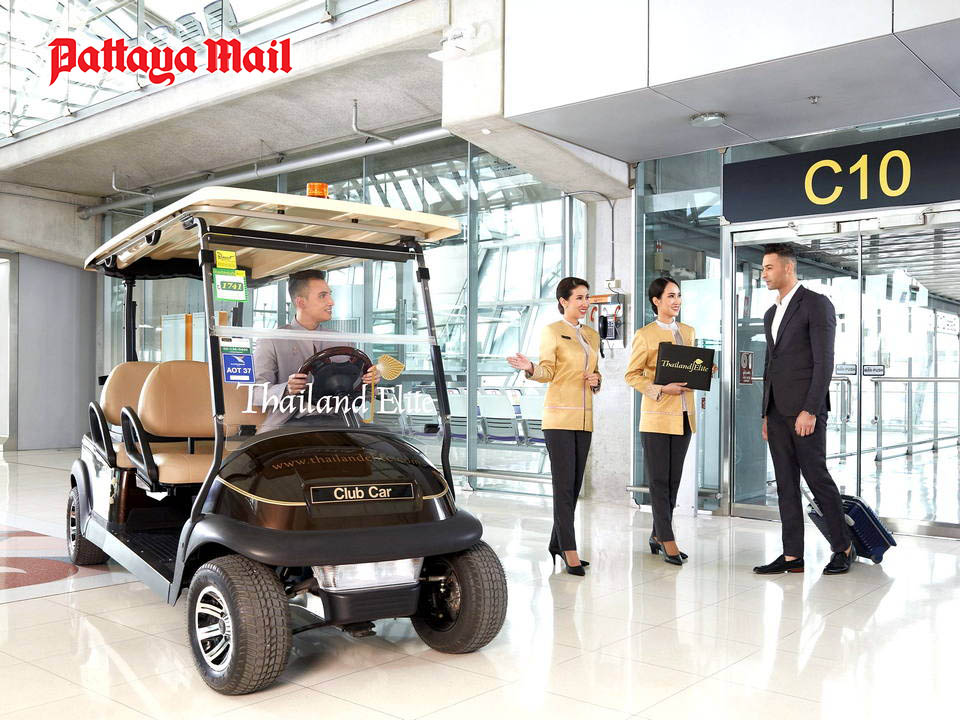
After close of business on Thursday September 14, no more newcomer applications for Elite visas will be accepted as a revised, simpler but more expensive package of options begins on October 1. Current Elite card holders may be able to continue to renew or upgrade under existing regulations, or change to the new tariff, according to their original contract and personal choice.
The new Elite, issued by the Thailand Privilege Card Company under the general auspices of the Ministry of Tourism, will be offered in four separate categories: Reserve (5 million baht upfront for 20 years multiple entry into Thailand), Diamond (2.5 million baht for 15 years), Platinum (!.5 million baht for 10 years) and Gold (900,000 baht for 5 years). The biggest percentage jump in prices is for the Reserve, which is currently available for 2 million baht, and the Gold which for the present costs 600,000 baht.
Elite began hesitantly in 2003, under the direction of then prime minister Thaksin Shinawatra, and barely scraped up 1,000 members in the early years. Its checkered history thereafter began to boom in the later stages of the Covid pandemic when the advantages of having a second home in Thailand dawned on global travellers in particular. There are currently around 31,500 enrolments from all nationalities. About half of these are for the 5 year option.
The privileges for holding an Elite card from October 1 have also been streamlined as well as updated. They include airport and limousine services in Thailand, discounts by hundreds of business partners and leisure outlets, free medical checks and so on. These can be accessed by a points redemption process – not unlike air miles – in which each member can enjoy privileges according to the category chosen, the cash paid and number of visits to Thailand. Some services formerly free, such as assistance with 90 days reporting and use of airport lounges, will now be charged under points redemption.
Other developments include a slackening of control over Chinese applicants who will no longer be routed through Interpol and an encouragement for holders of education and study visas to apply for Elite provided they can produce authentic and properly stamped documentation. During Covid, many so-called international students were not seriously studying but simply wanted extensions of stay: a crackdown by immigration police on corruption in their force and in language schools had then begun. The problems are now said to have been sorted.
Applications for the new Elite, like the old, do not require medical insurance which could create an expanded expat market if comprehensive hospital cover were in the future to become a reality for holders of one year extensions of stay based on retirement, marriage, study or family members. It is also noteworthy that Thailand Privilege in its latest publicity emphasizes that Elite visas do not carry the right to work in Thailand. This is perhaps the main difference from the alternative long visa offered by the Board of Investment – the LTR or Long Term Visa – which has options within it to have income tax reductions on authorized earnings and easy access to work permits issued by the Department of Employment. However, LTR does require medical cover.






